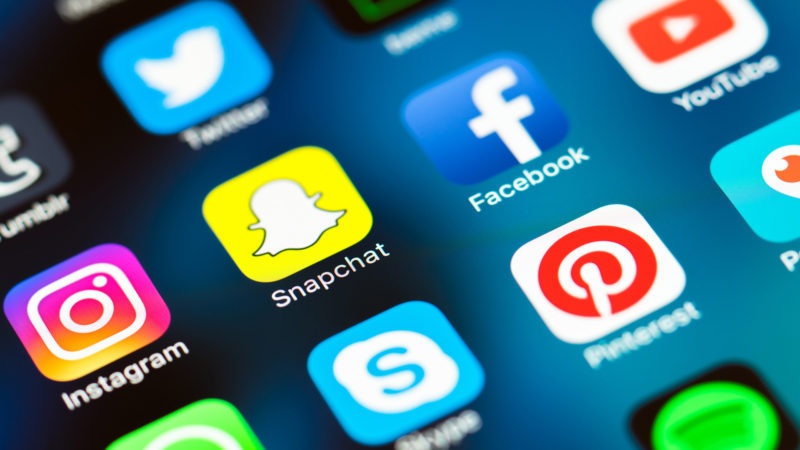With the uprising of social media over the past decade-plus, different platforms such as Facebook, Twitter and Reddit have become some of the more popular news sources for the consumer.
In fact, according to a Pew Research Center study done in 2016, 62 percent of adults get their news through social media.
“Sure, I care about the news, but not enough to watch it, so social media is way more convenient,” says Cassidy Ward, a manager at Papa Gino’s in Seabrook, N.H.
Avery Kozdra, a waitress at Urban Farmhouse in North Hampton, N.H. echoed those sentiments, but also added that, “Social media is fine, but I’ll definitely check something out if it seems off. You see plenty of weird headlines nowadays.”
Of the four people who talked with me about this issue, three of them only get their news from social media. Of those three, they also shared this in common: They are all under the age of 23.
“Social media is a very convenient source for news content, but you’re always skeptical if it’s real or not. However, let’s face it: nobody is reading the newspaper anymore and the television news media has turned into prosecuting attorneys versus defense attorneys. They have their stance and they’re not going to budge,” says Burt Glazier, a physician at Portsmouth Occupational Health. “For example, everyone makes claims about [President Donald] Trump being a racist and a bigot, but there’s no actual facts to support that,” Glazier continued.
Katharine Viner of The Guardian wrote a piece in 2016 regarding a social bubble and the idea of “does the truth matter anymore?” She expanded on this premise by citing things such as Facebook’s algorithm system in which people see what they want to see on their feeds.
“The notion that anyone actually seeks out the other side of an argument is asinine. No one does that. You have your beliefs and that’s it,” Glazier said regarding a social media bubble.
However, Cote Gagne, also a manager at Papa Gino’s said, “I was watching a comedian once and he talked about the gun laws in Australia. I’m mostly in favor of guns, but after this comedian brought up the issue I looked into it myself and it was interesting how Australia has changed since.”
When asked about why a comedian’s remarks made him check it out, Gagne said, “Because of the way he presented the information. Sometimes I watch the news, but not always. It’s like a lot of them make up stuff to fit their argument.”
The moniker “fake news” has become a mainstream term and social media plays a role in how it came to be. In Viner’s story, she recounted an example regarding the 2015 Paris terrorist attacks of false tweets circulating that were false. When this happens, Viner says, “Trusted news organisations are needed to debunk such tall tales.”
One thing is certain: Social media and news are not going away, so we will need to figure out a healthy way for them to co-exist.
